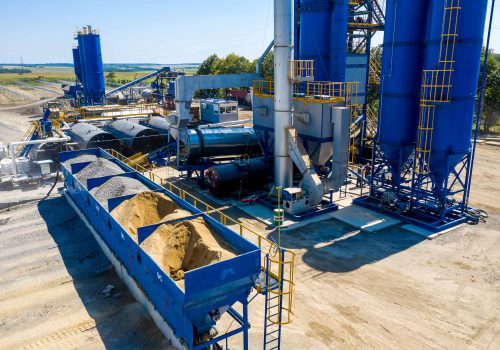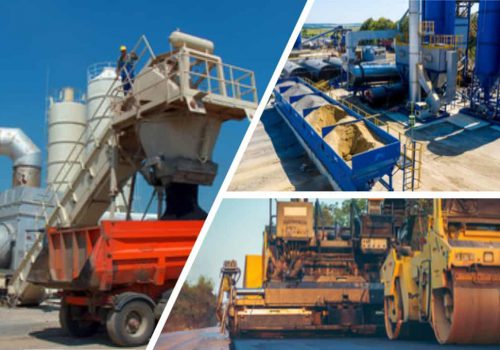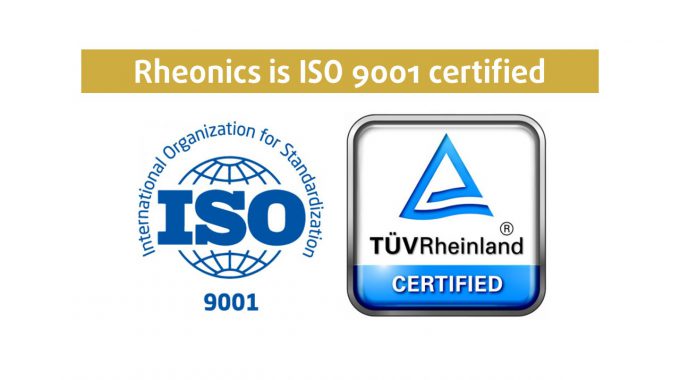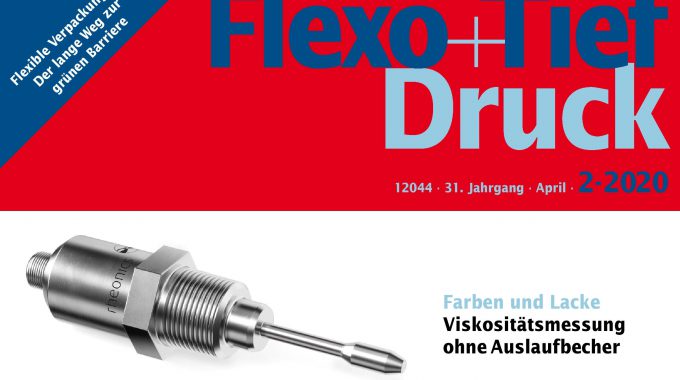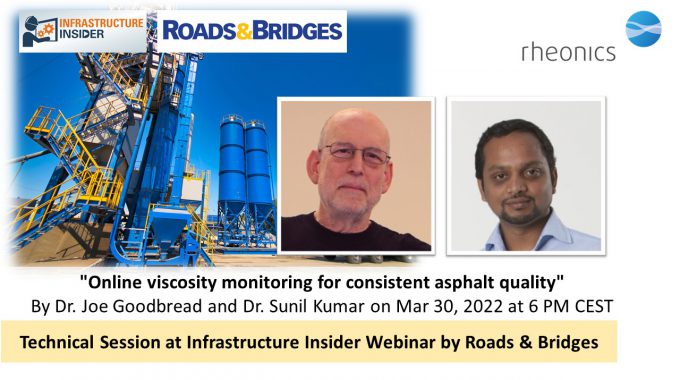
Rheonics Technical Webinar – Infrastructure Insider, Roads & Bridges – Online viscosity monitoring for consistent asphalt quality
Viscosity is a key indicator for asphalt properties and quality. In this webinar we will describe the advantages of vibrational sensors for inline monitoring of asphalt and asphalt emulsion viscosity. We will describe a ruggedized torsional inline viscometer that has been successfully integrated into a network of asphalt terminals. A key requirement for inline viscosity measurement, particularly in remote, less-accessible locations, is long-term stability and freedom from maintenance. The unique technology behind the sensor makes it both easy to clean and free from periodic calibration.
In the webinar, we will discuss the underlying technology of the viscometer, including those features that make it particularly robust and independent of installation position and orientation. We will also discuss the particular demands of asphalt applications, including measures that need to be taken during shutdown and startup of asphalt lines. An important requirement for remote monitoring of viscosity is the interface over which the viscosity data is transmitted. We will summarize the available electronic interfaces and how they contribute to making the system compatible with existing monitoring and logging equipment.
- Why is viscosity important for asphalt production, processing and application?
- Production requirements
- Transport & application requirements
- How is it measured?
- Lab instruments
- Inline instruments
- Standards (ASTM, AASTO, etc)
- Issues with lab measurements
- Issues with inline instruments
- Key requirements for a fit-for-purpose inline viscometer
- Functional requirements (viscosity range, temperature, etc)
- Operational (installation, commissioning, data acquisition and analysis, maintenance)
- Building a viscometer that is fit-for-purpose
- Design
- Operation
- Installation and maintenance
- Data driven control
- Advantages of a robust sensor that meets the need of the industry and complete asphalt ecosystem: in production, in loading terminal and on the truck.
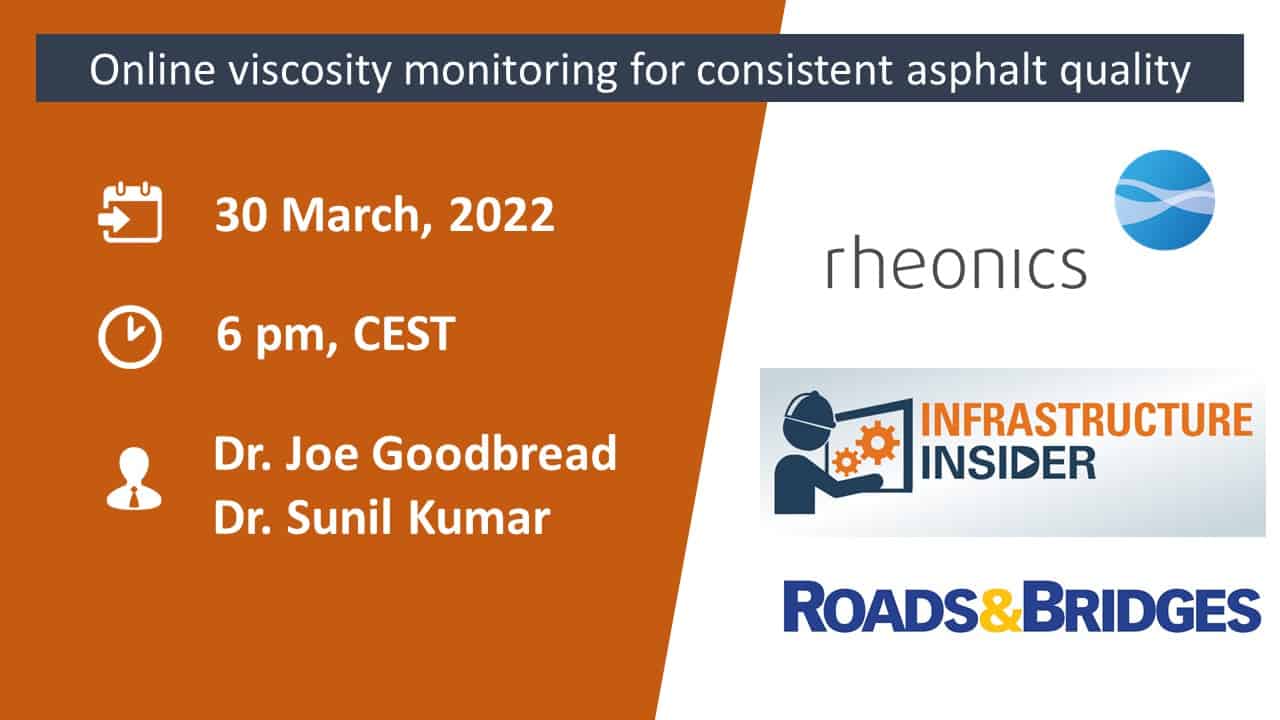
Webinar Speakers

Dr. Joe Goodbread
CTO @ Rheonics
Joe is a founding member of the team that developed Rheonics’ core technologies over the past 30 years. He established and directed the Experimental Mechanics Laboratory at the Institute for Mechanics, ETH Zurich. He has developed substantial IP in the field of fluid properties sensors with 11 granted patents and several more pending. He has a BSE in Aerospace and Mechanical Engineering Science from Princeton University, a MS in Biomechanics from Stanford University, and a Dr. Techn. Sc. from the ETH Zurich in Biomechanics. Early in his career, Joe worked with SRI (Stanford Research Institute, then) and thereafter headed the IMES labs at ETH Zurich. Joe is also a trained psychotherapist and a founder of the Institute of Process Work. He is an author of 4 books on the subject.
Joe’s extensive research and engineering skills form the technical core of the rheonics’ products and services. His passion for innovation and tackling impossible challenges has created industry leading products.

Dr. Sunil Kumar
CEO @ Rheonics
Sunil Kumar has extensive experience in the sensors and energy sector, having worked in a variety of roles in engineering and research in his early career. Most recently Sunil worked at Baker Hughes where he led global engineering for drilling Services. Sunil founded companies in US and UK that successfully commercialized innovative products. He graduated with Bachelors in Aerospace from Indian Institute of Technology, Kharagpur, Masters in Mechanical engineering from University of California, Irvine and Ph.D in Electrical engineering from Imperial College, London where he developed the Seis-SP seismometer that is part of the main payload for the NASA Insight mission to Mars. He is a prolific inventor with over 25 patents and multiple peer reviewed papers. Sunil’s vision of creating sensors for fluid property measurement that revolutionizes in-line process monitoring, control and optimization serves as the charter for rheonics.
Explore Rheonics' developments in this Industry
Meeting rigorous quality control of asphalt for every load at the terminal with real-time viscosity measurements
Asphalt has proven itself to be one of the most versatile and effective materials for paving – be it road or roof. Ensuring that asphalt meets regulatory norms like ASTM, AASHTO, DIN, EN while reducing emissions related to its production and use is a win-win. Real-time inline viscosity monitoring and control of asphalt from production in refineries to final loading…
Monitoring Asphalt & Bitumen quality from refinery to pavements
A versatile material, asphalt creates a smooth, durable surface for driveways, walking paths, roads and parking lots. It is used mostly in construction and outdoor areas. In its fluid-like form, asphalt is used to waterproof walls and surfaces, as well as in shingles for residential roofing. A variety of industrial and recreational uses of asphalt make it an ideal choice…

